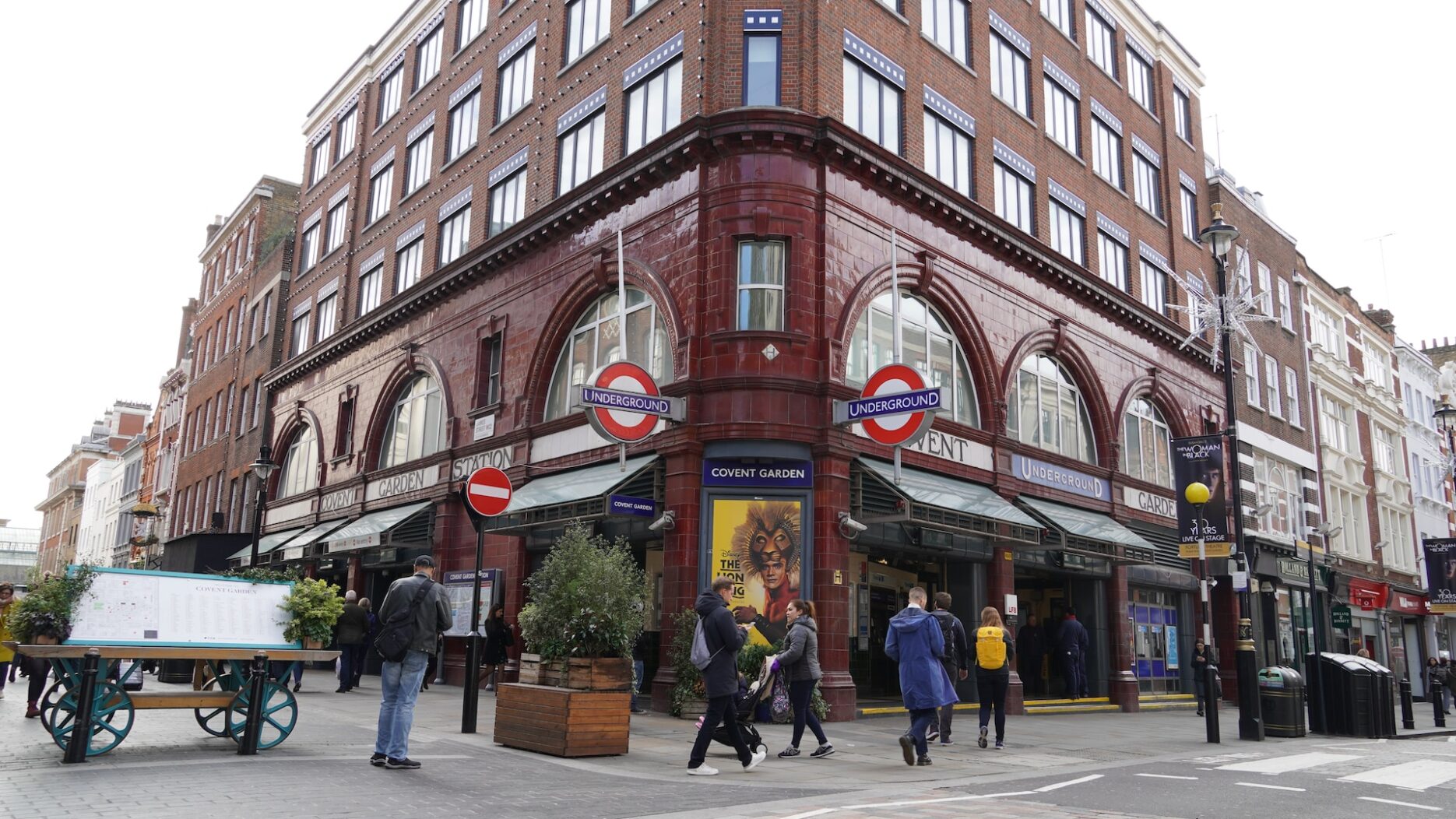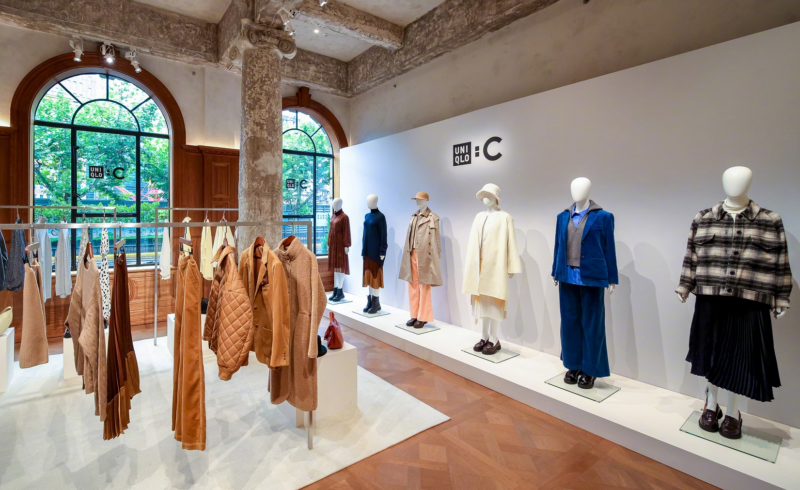Chinese tourists’ lack of spending is costing the UK an estimated 750 million GBP (940 million USD) a year, according to new research from Oxford Economics and the Association of International Retail (AIR).
The report evaluated the fiscal impact of the UK government’s decision to scrap tax-free shopping as part of its withdrawal from the European Union. The Tax-Free Shopping scheme, introduced in compliance with EU regulations, enabled non-EU visitors to reclaim VAT paid on their purchases.
The scheme ended in January 2021, making the UK the only European country without a tax-free scheme for international visitors. The policy was slated to be reintroduced in 2022 but was again abandoned due to HM Treasury estimates that it would cost the Exchequer 1.3 billion GBP (1.63 billion USD) in the fiscal year 2024/25, increasing to 2 billion GBP (2.5 billion USD) in 2025/26.
The AIR report found this estimate was significantly overstated and that the reintroduction of the scheme would attract 1.6 million visitors to the UK and stimulate an extra 2.8 billion GBP (3.52 billion USD) in tourist spending.
In 2019, China was the UK’s second most valuable inbound travel market after the USA, with tourists staying longer and spending more on average than visitors from other countries. The UK government’s decision has sent Chinese tourists in search of alternative tax-free options, with Spain, France, and Italy now preferred.
Earlier this year the chair of Burberry, the UK’s largest fashion brand, called on Prime Minister Rishi Sunak to reverse the policy, claiming it had made the UK the “least attractive shopping destination in Europe.” Jeremy Hunt defended the decision saying it had saved the UK about 2 billion GBP (2.5 billion USD).
MPs are set to debate the issue this week amid mounting pressure from the retail industry. A “Scrap the Tourist Tax” campaign launched by tabloid newspaper the Daily Mal has amassed 350 signatories, including retail powerhouses Harrods, Burberry, Marks and Spencer, and British Airways.









